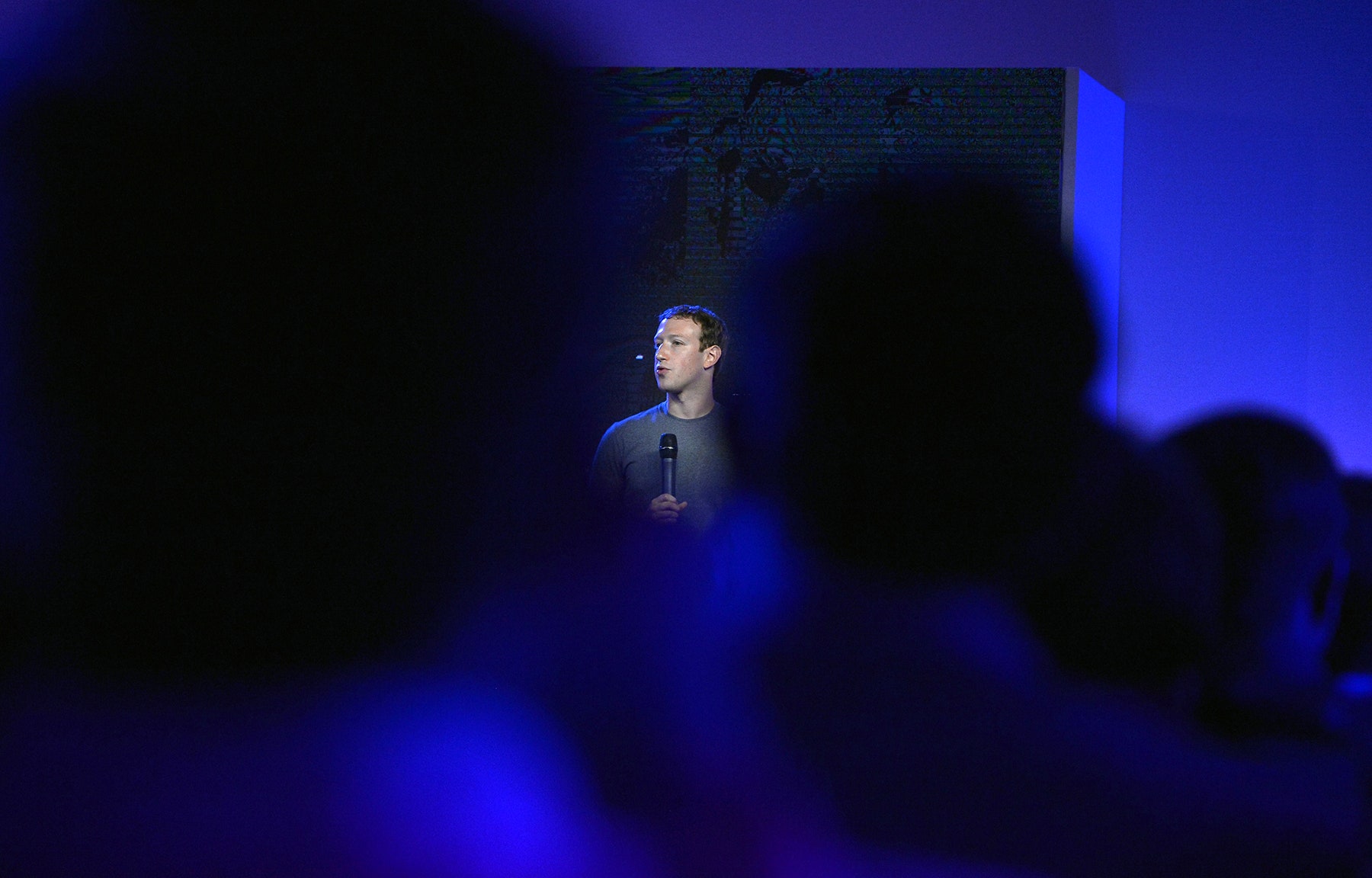The backlash against Facebook's Internet.org project is growing.
On Monday, 65 advocacy organizations in 31 countries released an open letter to Facebook founder and CEO Mark Zuckerberg protesting Internet.org---an effort to bring free internet service to the developing world---saying the project "violates the principles of net neutrality, threatening freedom of expression, equality of opportunity, security, privacy, and innovation."
With Internet.org, Facebook is partnering with various wireless carriers and other organizations to provide an app that offers free access to certain internet services, including Facebook, on mobile phones in developing countries. But this spring, a group of publishers in India pulled out of the program, saying it violated the principles of net neutrality---the notion that internet providers should treat all online services equally.
Zuckerberg has defended the project, saying that it can "coexist" with net neutrality. "To give more people access to the internet, it is useful to offer some service for free," he wrote in an April 16 post to Facebook. "If someone can’t afford to pay for connectivity, it is always better to have some access than none at all." But today's open letter argues that the limited access offered by Internet.org could lead to a new kind of digital divide.
"We think that Internet.org exacerbates existing inequalities," says Josh Levy, of the global public advocate Access Now, one of the organizations behind the letter. "The goal here is for poor folks to get limited access to internet services and then, eventually, be prompted to pay for a data plan so they can get the full internet. But very likely, a lot of those people will never be able to afford those data plans. So they'll be stuck on the second tier, where they don't have access to the full Internet."
What's more, he says, this second tier will undermine security (because it doesn't used the internet's standard SSL security protocol) and privacy (because all traffic is going through a proxy controlled by Facebook).
Levy argues that Facebook could avoid this split by transforming Internet.org into a service that provides free access to the entire internet but kept costs down by implementing "super low" data caps. "You can come up with creative ways to connect people to the internet that are affordable---and that protects security and privacy," he says.
Asked to discuss the matter, Facebook responded with a brief statement indicating that it will continue to offer the app in its current form. "We and our critics share a common vision of helping more people gain access to the broadest possible range of experiences and services on the internet," the company said. "We are convinced that as more and more people gain access to the internet, they will see the benefits and want to use even more services."
Just last week, the company rolled out Internet.org apps with two mobile operators in Malawi. The project is now operating in 11 countries, allowing about one billion people to access its services for free, according to Facebook.
Internet.org is just one way in which the giants of the Internet, including Google, Facebook, and others, are working to expand Internet's reach. While these efforts are often wrapped in altruistic rhetoric, they can also help these companies boost their own prospects. But sometimes, a company's financial interests can complicate the realization of its ideals.
For example, Google is seeking to improve landline internet speeds with its Google Fiber service. But it too has faced complaints that the service threatens to violate the principle of net neutrality over policies that seemed designed to favor Google's own services.
Access Now is calling on Facebook to offer complete internet with very low data caps. But unlike the current model, this may not provide direct benefit to Facebook, because it would not funnel people directly to Facebook over other services. The question becomes: would Facebook still be willing to fund such an operation?
Levy says Facebook would still benefit from offering truly open access to the Internet. "Google has spent a lot money over the years keeping the Internet free and open," he says, referring to Google's pro-net neutrality activism, open standards and tools, and other efforts. "I don't see why it should be any different for Facebook." But at the same time, he acknowledges that Google's efforts don't always align with the public good, either. Internet philanthropy certainly makes sense for Google and Facebook. But not always.

